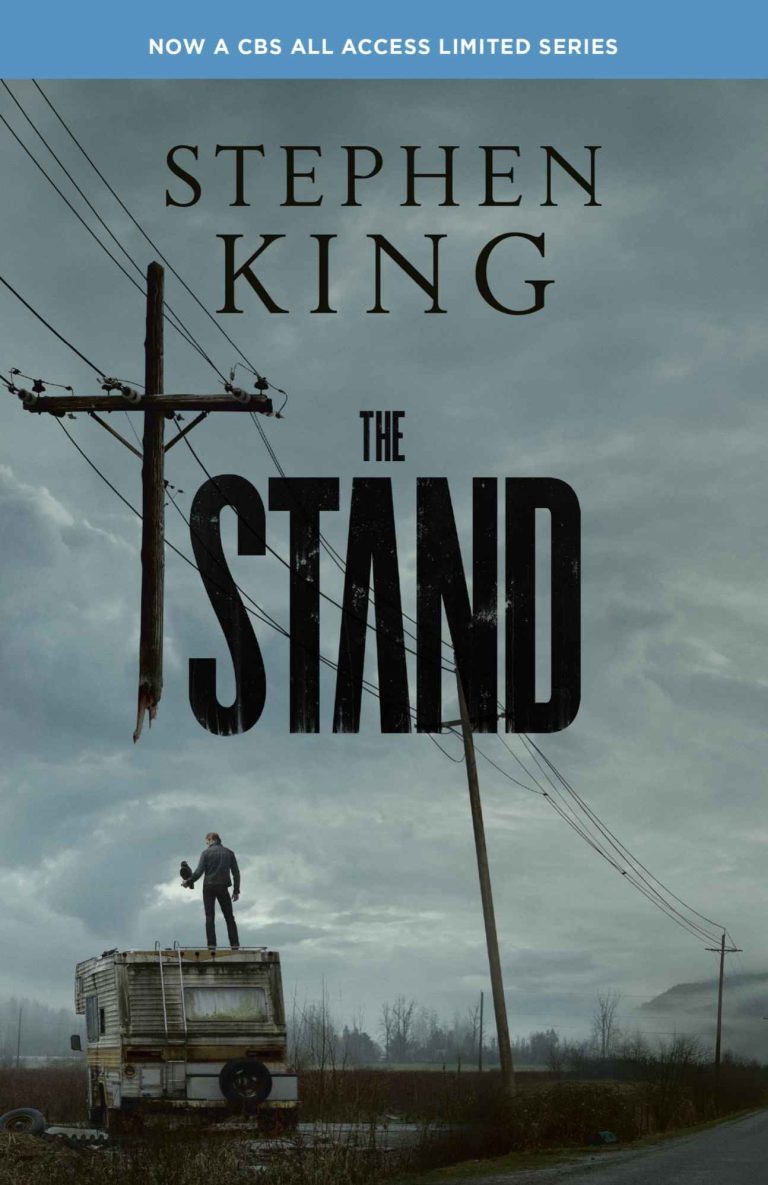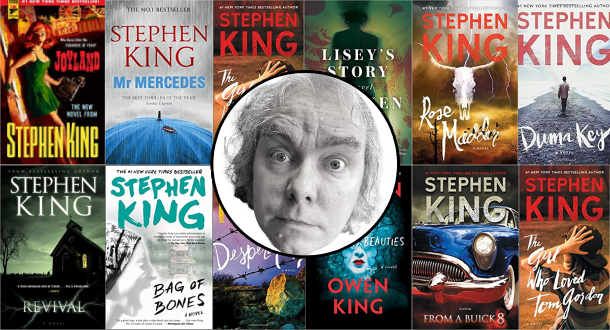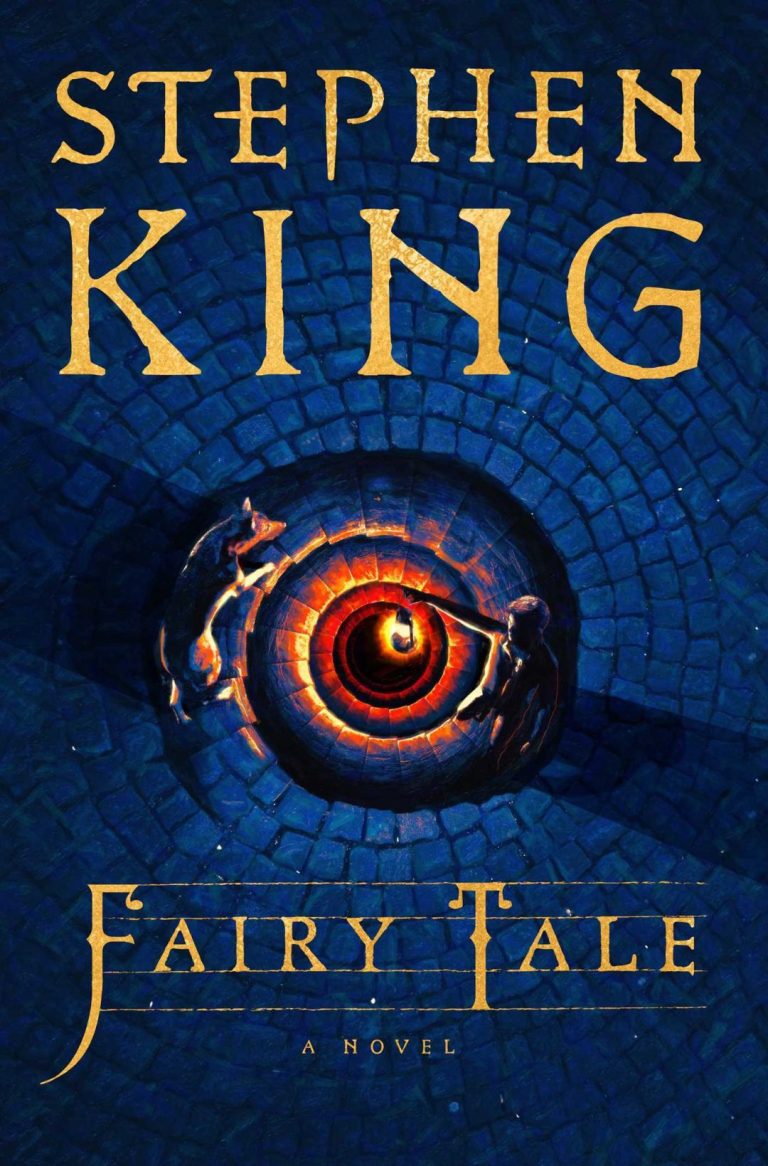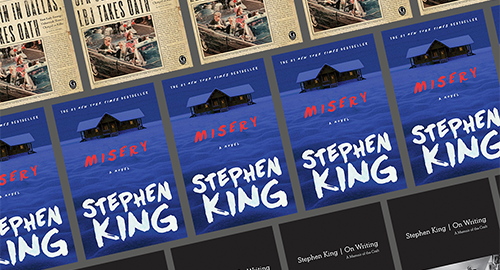Who Is The Most Successful Writer?
When it comes to the world of literature, one question that often sparks debates and discussions is, “Who is the most successful writer?” It’s a topic that ignites curiosity and invites us to explore the achievements and impact of various literary figures throughout history. From the classics to modern-day bestsellers, the realm of successful writers is vast and diverse, making it a fascinating subject to delve into.
As we embark on this journey to uncover the answer to this intriguing question, we’ll explore the realms of imagination, creativity, and literary prowess. We’ll examine the works of renowned authors, their contributions to the literary canon, and the ways in which they have captivated readers around the globe. So, grab your favorite book and join me on this literary adventure as we unravel the mystery of who truly stands as the most successful writer of all time.
When it comes to determining the most successful writer, it is subjective and depends on various factors. However, one name that often comes up is William Shakespeare. Known for his timeless plays and sonnets, Shakespeare’s works continue to be celebrated and studied worldwide. His influence on literature and his ability to captivate audiences throughout centuries solidify his place as one of the most successful writers in history.
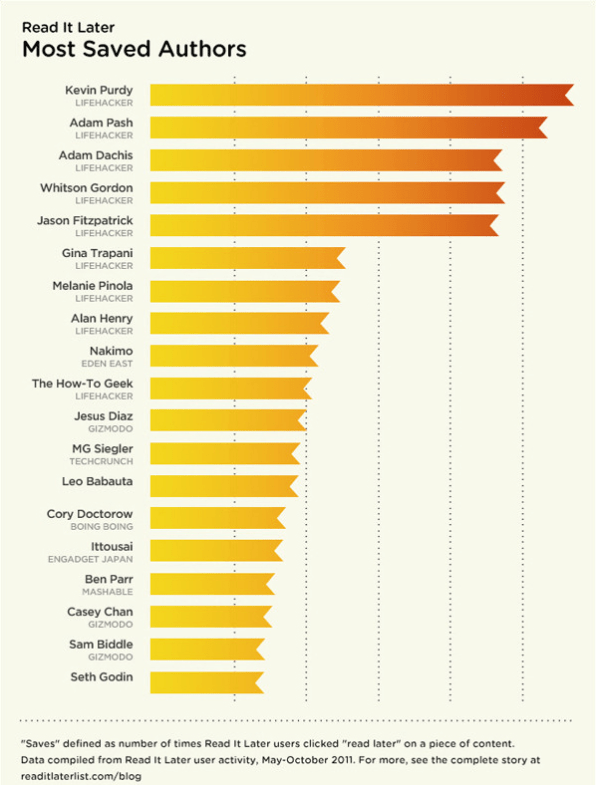
Who is the Most Successful Writer?
In the world of literature, there have been countless writers who have made a significant impact on the literary landscape. But who can be considered the most successful writer of all time? The answer to this question is subjective and can vary depending on different criteria such as book sales, critical acclaim, influence, and cultural impact. In this article, we will explore some of the most notable and revered writers in history and examine what makes them stand out in terms of success.
Mark Twain: A Literary Pioneer
Mark Twain, born Samuel Clemens, is widely regarded as one of the most successful writers in American literature. His novels, including “The Adventures of Tom Sawyer” and “Adventures of Huckleberry Finn,” have become literary classics and have been cherished by readers for generations. Twain’s writing style was innovative for his time, combining humor, social commentary, and vivid storytelling. His works tackled important issues such as racism and the hypocrisy of society, making him a trailblazer in American literature.
Twain’s success can be attributed to his ability to capture the essence of American life and present it in a relatable and entertaining way. His books resonated with readers of all ages and backgrounds, earning him a loyal following and cementing his place in literary history. Twain’s impact on American literature cannot be overstated, as his works continue to be studied and celebrated today.
The Influence of Shakespeare: A Timeless Legacy
When discussing the most successful writers, it is impossible to overlook the enduring influence of William Shakespeare. Often referred to as the Bard of Avon, Shakespeare is widely regarded as the greatest playwright in the English language. His plays, such as “Romeo and Juliet,” “Hamlet,” and “Macbeth,” are still performed and studied around the world, centuries after they were written.
Shakespeare’s success can be attributed to his unparalleled ability to capture the complexities of the human experience. His plays delve into themes of love, power, betrayal, and morality, resonating with audiences of all generations. Shakespeare’s mastery of language and his ability to create memorable characters have made his works timeless classics. His influence can be seen in literature, theater, and even everyday language, with countless phrases and expressions originating from his plays.
The enduring legacy of Shakespeare is a testament to his success as a writer. His works continue to be celebrated for their depth, complexity, and universal themes, solidifying his place as one of the most successful and influential writers in history.
The Importance of Storytelling: J.K. Rowling
In recent years, J.K. Rowling has emerged as one of the most successful writers of our time. Her “Harry Potter” series has captivated millions of readers worldwide and has become a cultural phenomenon. Rowling’s storytelling ability, combined with her imaginative world-building and relatable characters, has made her books beloved by both children and adults.
Rowling’s success can be attributed to her understanding of the power of storytelling. She created a rich and immersive world that readers could escape into, complete with its own mythology and intricate plotlines. Her characters, such as Harry Potter, Hermione Granger, and Ron Weasley, resonated with readers on a deep level, making them feel invested in their journey.
Beyond the success of her books, Rowling’s impact extends to philanthropy and activism. Her charitable endeavors and advocacy for social issues have further solidified her status as a successful and influential writer.
Comparing Success: A Look at Book Sales
When considering the most successful writers, book sales can be a significant factor. While sales numbers alone do not determine the quality or impact of a writer’s work, they can provide insight into their popularity and reach.
One of the best-selling authors of all time is Agatha Christie, known for her detective novels such as “Murder on the Orient Express” and “And Then There Were None.” Her books have sold over 2 billion copies worldwide, cementing her status as a successful and enduring writer.
Another writer who has achieved remarkable success in terms of book sales is Stephen King. Known for his thrilling and often terrifying novels, King has sold over 350 million copies of his books. His works, such as “The Shining” and “It,” have become cultural touchstones and have solidified his place as a master of horror fiction.
It is important to note that success as a writer cannot be solely defined by book sales. Factors such as critical acclaim, influence on other writers, and cultural impact also play a significant role in determining a writer’s success.
The Art of Writing: A Personal Journey
While it is fascinating to explore the achievements and impact of successful writers, it is essential to remember that success is subjective and can take many forms. Every writer has their own unique journey and definition of success. Some may find success in the number of books sold, while others may find it in the impact their words have on readers.
Ultimately, the question of who is the most successful writer is a complex one, with no definitive answer. Each writer brings their own voice, perspective, and contribution to the literary world. The writers mentioned in this article have undoubtedly achieved remarkable success in their own right, but there are countless other writers whose work has resonated with readers and left an indelible mark on literature.
As readers, we are fortunate to have such a diverse and rich literary landscape, with writers from various genres and time periods. The beauty of writing lies in its ability to transport us, challenge us, and make us feel connected to something greater. So, instead of focusing on who is the most successful writer, let us celebrate the power of storytelling and the multitude of voices that have shaped and continue to shape our literary world.
Key Takeaways: Who is the most successful writer?
- 1. J.K. Rowling, author of the Harry Potter series, is one of the most successful writers.
- 2. Stephen King, known for his horror novels, is also considered highly successful.
- 3. Agatha Christie, famous for her detective stories, has achieved great success as a writer.
- 4. William Shakespeare is widely regarded as one of the most successful writers in history.
- 5. Ernest Hemingway, known for his literary works, is considered a highly successful writer as well.
Frequently Asked Questions
What criteria determine the success of a writer?
When determining the success of a writer, several criteria are often considered. One crucial factor is the number of books sold, as this indicates the writer’s popularity and commercial success. Another aspect is the critical acclaim and awards received, which demonstrates the writer’s skill and recognition within the literary community. Additionally, the influence and impact of a writer’s work on society and culture can contribute to their success. Finally, factors such as financial success, book adaptations, and international recognition also play a role in evaluating a writer’s success.
It’s important to remember that success can be subjective and vary depending on individual perspectives. Some writers may prioritize artistic integrity or niche readership over commercial success, whereas others may aim for widespread popularity and mainstream recognition. Ultimately, the criteria for success may differ from person to person and are shaped by various factors.
Who are some of the most successful writers in history?
Throughout history, numerous writers have achieved remarkable success. William Shakespeare is widely regarded as one of the greatest playwrights and poets of all time, with his works still celebrated and performed today. J.K. Rowling gained immense success through her “Harry Potter” series, becoming one of the bestselling authors in the world. Agatha Christie, known for her mystery novels, has sold billions of copies of her books, solidifying her as one of the most successful writers in history.
Other notable successful writers include Mark Twain, whose works like “Adventures of Huckleberry Finn” are considered American classics, and Charles Dickens, known for his influential and widely read novels such as “A Tale of Two Cities” and “Great Expectations.” These writers have left a lasting impact on literature and have achieved incredible success in terms of sales, critical acclaim, and cultural relevance.
What genres have produced the most successful writers?
Various genres have seen immense success and have produced highly successful writers. Fiction, in general, has been a popular genre for successful writers, encompassing subgenres such as romance, mystery, fantasy, and science fiction. These genres have attracted large readerships and have given rise to writers like Nora Roberts, Agatha Christie, J.R.R. Tolkien, and George R.R. Martin.
Non-fiction genres such as self-help, autobiographies, and historical accounts have also produced successful writers. Authors like Dale Carnegie, Michelle Obama, and David McCullough have achieved great success in these genres. In addition, children’s literature has given rise to successful writers like Dr. Seuss, Roald Dahl, and Beatrix Potter. Ultimately, success can be found in various genres, and it often depends on the writer’s ability to engage and resonate with their target audience.
What role does international recognition play in determining a writer’s success?
International recognition can significantly contribute to a writer’s success. It indicates that the writer’s work has transcended cultural and language barriers, resonating with readers worldwide. International recognition often leads to increased book sales and a broader readership. It also signifies that the writer’s work has achieved a level of universality and relevance that extends beyond their home country.
Authors like Paulo Coelho, Haruki Murakami, and Dan Brown have achieved tremendous success internationally, with their books translated into multiple languages and captivating readers around the globe. International recognition not only boosts a writer’s profile but also provides opportunities for collaborations, book adaptations, and participation in international literary events. It is a testament to the writer’s ability to connect with diverse audiences and their impact on a global scale.
Is financial success the sole determinant of a writer’s success?
While financial success is often considered an important aspect of a writer’s success, it is not the sole determinant. Financial success, such as high book sales and lucrative publishing deals, can provide stability and recognition for a writer. However, success in writing should not be solely measured by monetary gains.
Artistic integrity, critical acclaim, and the ability to connect with readers on an emotional level are equally significant markers of success. Writers who have made significant contributions to their respective genres, influenced other writers, or left a lasting impact on literature can be considered successful, regardless of their financial earnings. Furthermore, success can be subjective, and some writers may prioritize creative fulfillment and personal satisfaction over financial gain. Ultimately, a combination of factors contributes to a writer’s overall success, and financial success is just one piece of the puzzle.
How to Tell if You’re a Writer | John Irving | Big Think
Final Thought: The Most Successful Writer Revealed!
So, who is the most successful writer of all time? It’s a question that has sparked countless debates and discussions among literature enthusiasts. While there are many talented and influential writers throughout history, it’s nearly impossible to determine a definitive answer. Success can be measured in various ways – from book sales and critical acclaim to cultural impact and lasting legacy. Each writer brings their unique voice and storytelling prowess to the literary world, making it a subjective matter to determine the most successful one.
In the realm of literature, success is not solely defined by numbers and figures, but rather by the impact and connection a writer has with their readers. It’s about the ability to transport us to different worlds, evoke emotions, and provoke thoughts through the mere power of words. From the timeless classics of William Shakespeare and Jane Austen to the thought-provoking works of George Orwell and Toni Morrison, every writer offers a distinct experience that resonates with readers in their own way.
Ultimately, the most successful writer is a matter of personal preference and individual interpretation. It’s the writer who captures our hearts, challenges our perspectives, and leaves an indelible mark on the literary landscape. So, let’s celebrate the diverse tapestry of writers who have enriched our lives, sparked our imaginations, and made literature an enduring art form. After all, the beauty of writing lies in its ability to transcend boundaries and connect us all as human beings.

